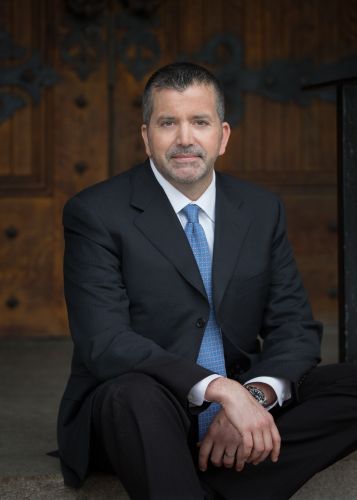What is a Jury Foreperson?
The jury foreperson is like the team captain of the jury. They help keep deliberations on track, ensure that every juror has a chance to speak, and handle the paperwork once a decision is reached. In both criminal and civil trials, the foreperson serves as the jury’s main point of contact with the court. When the jury reaches a verdict, the foreperson notifies the court officer and delivers the final decision in court. It’s important to note that the foreperson does not have more authority than any other juror. Their vote carries the same weight as everyone else’s.
How is the Jury Foreperson Chosen in Massachusetts?
- L. c. 234A, § 68A states that, after a jury has been impaneled and sworn, “the court shall appoint a foreperson.” This gives the judge full discretion to decide how the foreperson is selected.
In some cases, the judge directly appoints a juror by announcing their name and seat number. Judges may base the selection on factors such as attentiveness during trial, perceived leadership ability, or even seat order. In other cases, the judge may explicitly permit the jury to elect its own foreperson. Massachusetts does not mandate a specific method; the key is that the decision is left to the judge. This limited discretion stands out in case law as an exception to the otherwise required random selection of alternate jurors.
Once appointed, the foreperson takes on three main roles:
- Acting as the jury’s link to the court
- Helping guide group discussions during deliberations
- Handling paperwork and verdict delivery at the end of the trial
- What Does It Mean to Be the Link Between the Jury and the Court?
If the jury has a question during deliberations, it’s the foreperson’s job to write it down and pass it along to the court officer. The officer gives it to the judge, who will either respond in writing or bring the jury back into the courtroom to give further instructions. The foreperson is the only one who communicates with the court in this way.
- How Does the Foreperson Help Guide the Jury?
The foreperson ensures that every juror has a voice by encouraging open discussion among all members. This means checking in to make sure all personalities, no matter how quiet, and all points of view, no matter how unpopular, are considered. The foreperson doesn’t have extra authority, nor is their vote more important than anyone else’s. They simply guide the group through conversation and cooperation.
- What Happens When the Jury Reaches a Verdict?
When deliberations are done, the foreperson will fill out the verdict slip, date it, and sign it. Then, without revealing the decision, the foreperson notifies the court officer that the jury has reached a verdict. Once back in the courtroom, the clerk will ask if a verdict has been reached. If the answer is yes, the foreperson gives the verdict slip to the court officer. The clerk reads the verdict out loud and asks the entire jury, including the foreperson, to confirm that it’s accurate and reflects the required agreement.
How is Foreperson Selection in Massachusetts Different from Other States?
Massachusetts is a little different from other states when it comes to foreperson selection. As noted earlier, judges have the discretion to decide how the foreperson is chosen. Some judges appoint a foreperson directly in open court before deliberations begin, while others may allow the jury to make the decision themselves. There’s no explicit procedure required by law; the method is entirely left to the judge.
In most other states, however, the jury selects its own foreperson. This is usually the first task completed once deliberations begin, and the process is typically quick. Jurors may nominate each other and vote by secret ballot. In some courts, the role is automatically assigned to the first juror seated in the box.
Before you make any decision to talk with a prosecutor, you should contact an experienced criminal defense attorney to assist you. Your attorney will help you navigate these complicated and life-altering negotiations.
IF YOU OR A LOVED ONE NEED CRIMINAL LAW ADVICE, AND YOU NEED AN EXPERIENCED CRIMINAL DEFENSE LAWYER WORKING ON YOUR SIDE TO PROTECT YOUR RIGHTS, PLEASE CONTACT CRIMINAL DEFENSE ATTORNEY WILLIAM J. BARABINO.
CALL 781-393-5900 TO LEARN MORE ABOUT YOUR AVAILABLE DEFENSES.
Related Articles:



